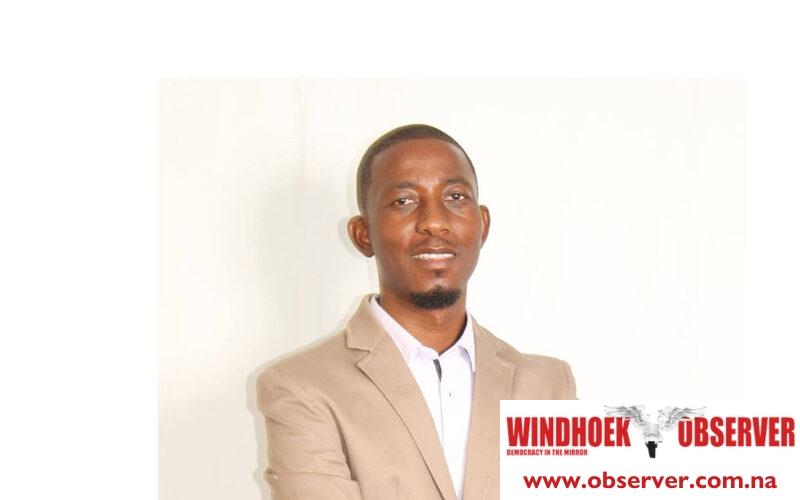Sem Billy David I
As the local authority and regional council elections approach, voters in Windhoek, particularly those living in the sprawling informal settlements and underdeveloped suburbs, confront a critical choice that could shape their communities for years to come. With rapid urbanization, inadequate service delivery, and increasing inequality, residents must cast their votes with informed minds and a clear understanding of what is at stake. The stakes are both the short-term improvement of living conditions and the long-term sustainability of the residents.
As candidates present their agendas, it is essential for voters to critically assess their proposals, ensuring they align with the pressing needs of the community. This critical evaluation will empower voters to make choices that not only address immediate challenges but also foster resilience and growth for future generations. By prioritizing community engagement and transparent governance, residents can work together to build a more equitable and thriving environment for all. The electorates have now made or taken as toys of psychological manipulation with glares of immediate projects in communities, to make residents believes that development is underway. Prophesies of nice Sayers and false promises will load high smokes even by those that been in the system and have resources.
- Track Record Over Promises
Many candidates will campaign with appealing manifestos and lofty promises. However, voters must look past campaign hyperbole and consider each candidate’s track record. Have they ever served the community? Did they keep their earlier promises? A track record of effective leadership, transparency, and accountability predicts future performance more accurately than eloquent statements.
- Understanding of Local Issues
Voters should insist that candidates demonstrate a thorough awareness of the unique issues that informal settlements face, including a lack of clean water, sanitation, electricity, roads, adequate housing, and job possibilities. Candidates who live in or frequently visit these communities are more likely to grasp the difficulties firsthand and suggest meaningful, achievable solutions.
- Vision for Inclusive Development
Windhoek’s peripheral suburbs are expanding rapidly, often without proper urban planning. Residents should vote for leaders who present a clear, inclusive vision for development—one that includes formalizing informal settlements, creating job opportunities, supporting small businesses, and ensuring equitable access to services like healthcare, education, and transportation. Many residential areas are still sitting on farms demarcation format and informal settlements are still suffering and subjected to illegality. What plans to turn out all these to a new a face and wows the residents to regain trust that is far lost in the community?
- Willingness to Engage the Community
Good leaders do not govern from behind closed doors. They consult, listen, and engage community members in planning and decision-making. Voters should prefer candidates that have a track record of or intend to engage in regular community interaction and participatory development.
- Ability to Collaborate and Advocate
Service delivery frequently fails due to ineffective coordination among local, regional, and national administrations. Elect leaders who can interact at all levels of government and effectively advocate for their constituents, particularly those in underserved areas.
- Integrity and Transparency
Corruption, favoritism, and mismanagement continue to plague local governance in Namibia. Choose leaders known for their honesty, integrity, and transparency. Leaders should be willing to open up municipal budgets and progress reports to public scrutiny.
- Prioritizing Informal Settlements
Given the fast growth of informal settlements around Windhoek, the need for upgraded services, roads, water infrastructure, sanitation, security, and land ownership rights, is urgent. Candidates must be judged on how seriously they take these issues and how clearly they prioritize them in their agendas.
_ The future of Windhoek’s poorest communities depends on the leadership chosen during elections, a leadership that brings about great interventions and revolutionary changes to the devastated living condition of the locality. Voters must approach the ballot box not with emotion, poor thinking of long affiliations and associations, who they drink with or just because someone have there but on fundamental basis of capability and capacity to deliver the services and restore the lost hope among residents, as well as with critical thinking and a focus on long-term development. This is not just about politics—it’s about dignity, access, and the right to a decent life for all residents of Windhoek, no matter where they live.
*Sem Billy David I, is a community development, youth advocate and Khomas regional chairperson.



